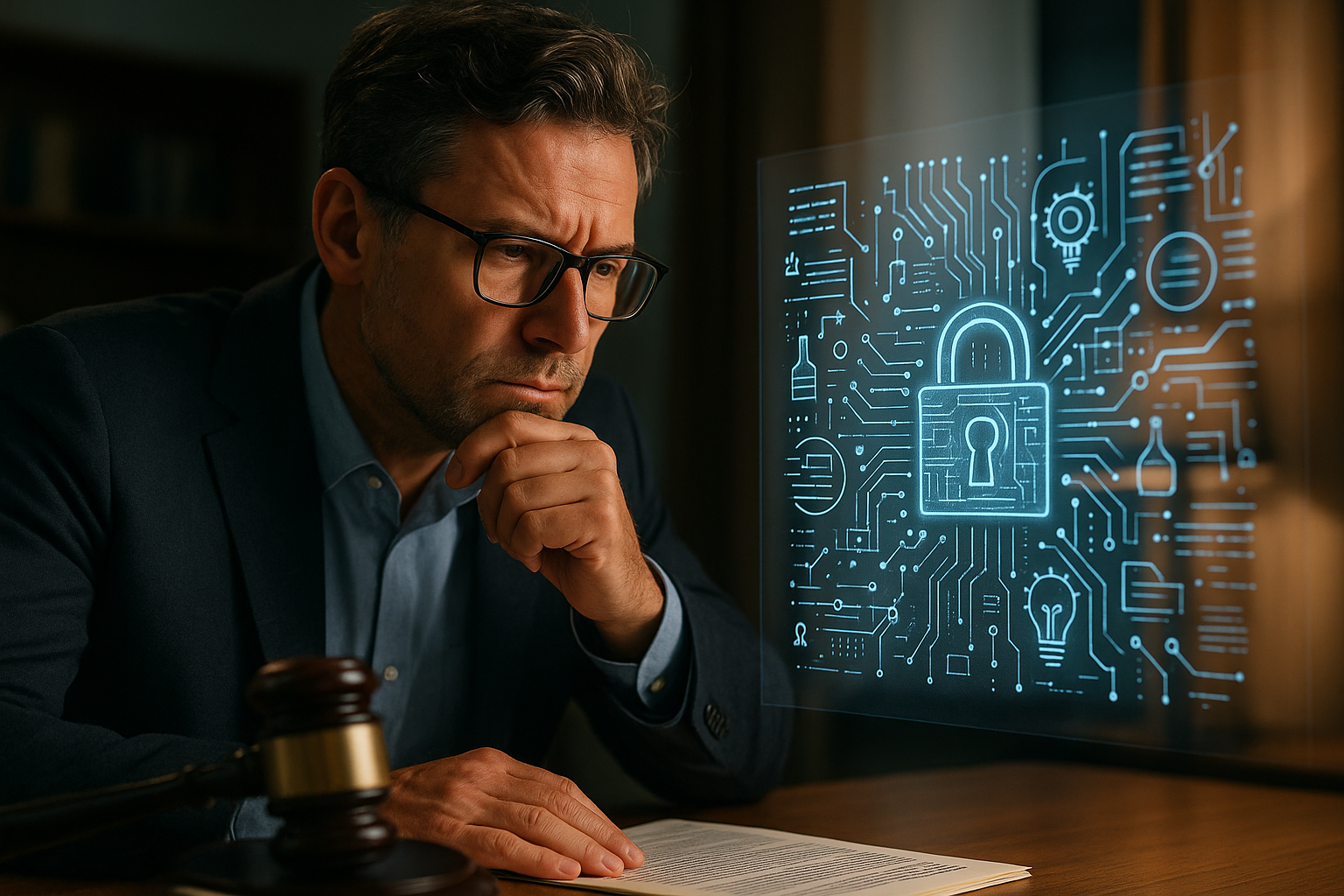Secure Today, Safe Tomorrow: How Security Services Safeguard Your Business and Personal Assets
Comprehensive Guide to Security Services: Protecting Businesses and Individuals 24/7 In today's rapidly changing world, security has become more crucial than ever. Whether you are protecting a business, a residential property, or a public event, security services provide essential protection against potential threats. From preventing theft and vandalism to ensuring safety in crowded areas, security services offer peace of mind in various situations.

Security services have become an essential component of modern life, addressing threats that range from physical intrusions to sophisticated cyberattacks. As businesses expand and personal wealth grows, the complexity of protecting assets has increased exponentially. Professional security providers offer tailored solutions that address specific vulnerabilities, combining traditional protective measures with cutting-edge technology to create comprehensive safety ecosystems.
The landscape of security has evolved dramatically over recent decades. What once focused primarily on physical barriers and guards has expanded to encompass digital protection, risk assessment, and proactive threat management. Today’s security services integrate multiple layers of defense, ensuring that both tangible and intangible assets receive appropriate protection.
Why Are Security Services Important?
Security services serve as the frontline defense against a wide array of threats that can compromise business operations, personal safety, and financial stability. For businesses, security breaches can result in substantial financial losses, reputational damage, and operational disruptions. A single incident can cost companies thousands or even millions of pounds in recovery efforts, legal fees, and lost productivity.
Beyond financial considerations, security services provide psychological benefits that shouldn’t be underestimated. Employees work more productively in secure environments, customers feel more confident engaging with protected businesses, and individuals sleep better knowing their homes and families are safeguarded. This peace of mind translates into tangible benefits across all aspects of life.
The importance of security services extends to regulatory compliance as well. Many industries face strict requirements regarding data protection, physical security standards, and safety protocols. Professional security providers help organizations meet these obligations while avoiding costly penalties and legal complications.
Protection of Digital Information from Hackers or Data Breaches
Digital security has emerged as one of the most critical aspects of modern protection strategies. Cybercriminals continuously develop sophisticated methods to infiltrate systems, steal sensitive information, and disrupt operations. Security services specializing in digital protection employ multiple defensive layers, including firewalls, encryption protocols, intrusion detection systems, and continuous monitoring.
Data breaches can expose customer information, intellectual property, and confidential business strategies. The consequences extend beyond immediate financial losses to include long-term reputational damage and loss of customer trust. Professional security services conduct regular vulnerability assessments, implement robust access controls, and maintain incident response plans to minimize damage when breaches occur.
Employee training forms another crucial component of digital security. Many breaches result from human error rather than technical vulnerabilities. Security providers offer comprehensive training programs that educate staff about phishing attempts, social engineering tactics, and best practices for handling sensitive information. This human-centered approach significantly reduces risk exposure.
Personal Security
Personal security encompasses a broad range of protective measures designed to keep individuals safe in various environments. This includes residential security systems, personal safety devices, secure transportation arrangements, and risk assessment for travel or public appearances. High-net-worth individuals, public figures, and those in sensitive positions often require specialized personal security solutions.
Residential security has advanced considerably with smart home technology integration. Modern systems combine traditional alarms with video surveillance, motion sensors, and automated response protocols. These systems can be monitored remotely, allowing homeowners to maintain awareness of their property status regardless of location.
Personal security also addresses situational awareness and threat recognition. Security professionals provide training that helps individuals identify potential dangers, avoid risky situations, and respond appropriately during emergencies. This proactive approach empowers people to take control of their own safety while knowing professional support remains available when needed.
Bodyguards Provide Personal Protection for Individuals
Close protection officers, commonly known as bodyguards, offer specialized security for individuals facing elevated risk levels. These professionals receive extensive training in threat assessment, defensive tactics, emergency medical response, and discrete protection techniques. Their presence serves both as a deterrent to potential threats and as an immediate response capability should incidents occur.
Bodyguard services extend beyond physical protection to include route planning, venue security assessments, and coordination with local law enforcement when necessary. Professional close protection officers maintain low profiles while remaining constantly vigilant, allowing their clients to conduct business and personal activities without unnecessary disruption.
The decision to employ bodyguard services typically follows a thorough risk assessment that considers factors such as public profile, business activities, travel patterns, and specific threat intelligence. Security consultants help clients determine appropriate protection levels and develop comprehensive security plans that address identified vulnerabilities.
Choosing the Right Security Provider
Selecting appropriate security services requires careful consideration of specific needs, budget constraints, and provider capabilities. Reputable security companies maintain proper licensing, insurance coverage, and trained personnel. They should demonstrate experience in relevant security domains and provide references from satisfied clients.
When evaluating providers, consider their response times, technology platforms, training standards, and ability to scale services as needs evolve. Effective security partnerships involve ongoing communication, regular security audits, and continuous improvement of protective measures based on emerging threats and changing circumstances.
Integration capabilities also matter significantly. Security systems should work seamlessly with existing infrastructure, whether that involves physical access controls, IT networks, or emergency response protocols. Providers offering comprehensive solutions that address multiple security domains often deliver better value and more effective protection than fragmented approaches.
Conclusion
Security services represent an investment in continuity, stability, and peace of mind rather than an optional expense. As threats continue to evolve in sophistication and scope, professional security providers offer expertise and resources that most individuals and organizations cannot develop independently. From protecting digital assets against cyberattacks to providing personal protection for at-risk individuals, comprehensive security solutions address the full spectrum of modern threats. By implementing appropriate security measures today, businesses and individuals create safer environments that support success and wellbeing tomorrow.




